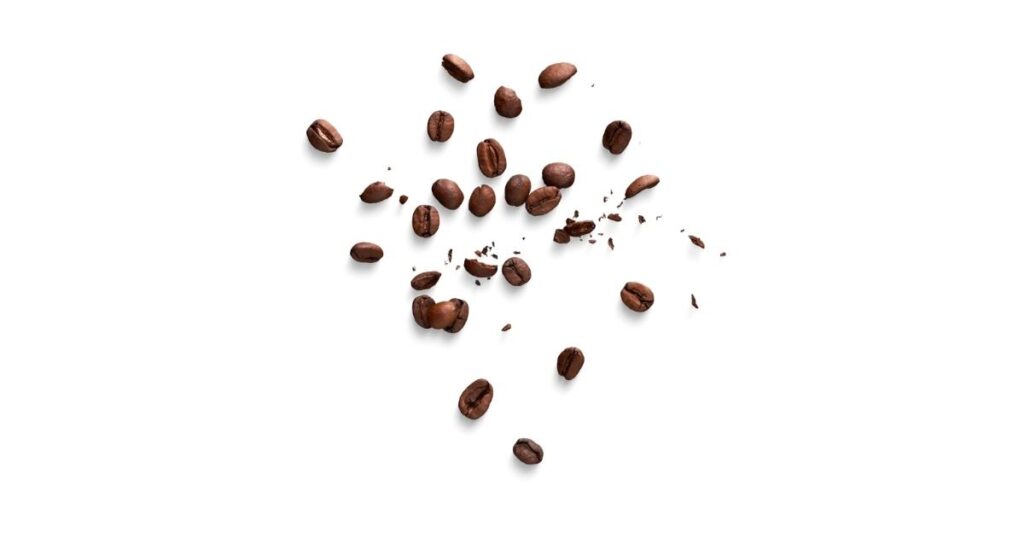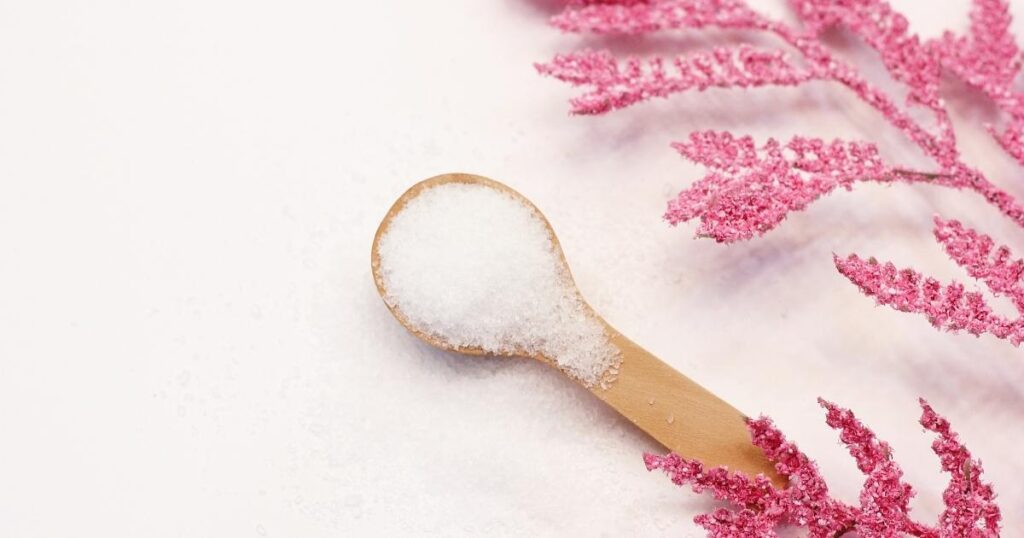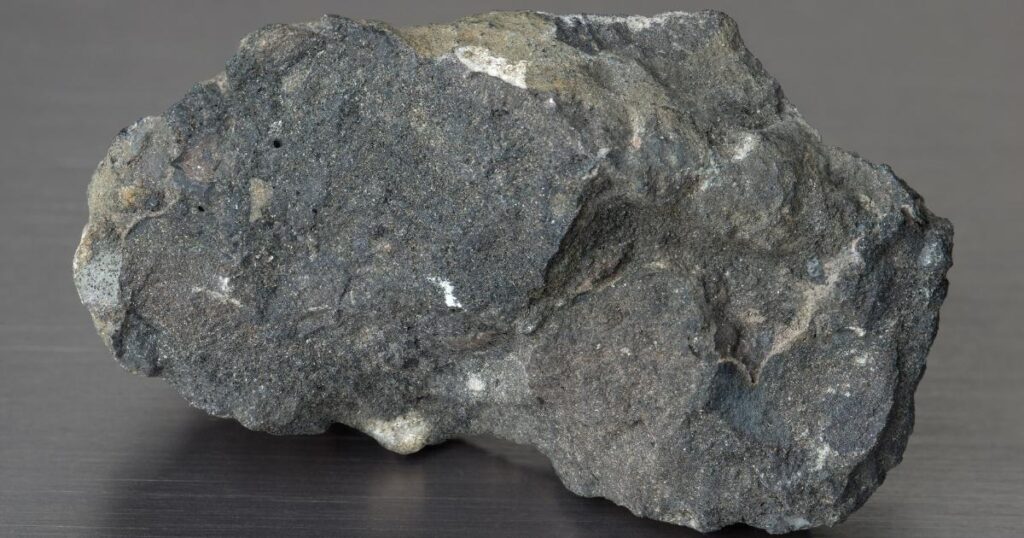Did you know that it might not be the fault of your gardening techniques that your plants are not faring well? If your plants are drooping or generally not thriving, the soil might be imbalanced. You can improve the quality of your soil by adding organic fertilizers. They make up for any deficiency that the soil is having. The main nutrients present in fertilizers are nitrogen, phosphorus, and potassium.
They are environmentally sustainable, easy on the pocket and you don’t have to worry about the chemicals contaminating your vegetables. Plus, they don’t degrade the quality of the soil over time, unlike synthetic fertilizers. Organic fertilizers not only provide nutrition to plants but also to the living organisms present in the soil. These organisms break down the organic fertilizers into nutrients needed for the plant to grow. While this also protects them from harmful pathogens and pests, synthetic fertilizers harm these organisms.
So, why turn to chemical fertilizers when you can make an eco-friendly organic fertilizer with things you might already have lying around?
1. Animal Manure As One Of The Most Environment-Friendly Organic Fertilizers
Animal manure is the most commonly used source of organic fertilizer which has been used for ages. Composed manure of horse, chicken, or cow adds to the soil’s fertility. Manure shouldn’t be added raw because of the possible risk of pathogen exposure. Applying them fresh can even lead to burning the plants. For this reason, always compost them properly or use aged manure which is at least 180 days old.
Animal manure is rich in nutrients that feed both the plant and the soil.

2. Kelp– Organic Fertilizers
Kelp fertilizers have small amounts of nitrogen, phosphorus, and potassium but are high in trace nutrients and plant growth hormones. The real benefits of kelp are the long-term effect they have on the plants. It accelerates plant growth, increases overall yield, and improves flowering. Kelp also helps the crops develop a greater tolerance for temperature extremes like ice and long periods of sunlight. It’s best to compost kelp yourself but you can also buy it in garden centres.

3. Banana Peels– Organic Fertilizers
You must already know that banana peels are good for plant growth. They are a rich source of not only potassium but also calcium and phosphorus which are ideal for fertilizing plants. You simply need to bury banana peels at the bottom of your plants and let them decompose. Overripe bananas can also be frozen and buried next to your plants. You can also bury banana peels in the soil at the base of your plants and allow them to decompose. Alternatively, soak banana peels in water for three days and spray them on your plants to provide them nutrition.

4. Alfalfa meal
Alfalfa is a plant-based fertilizer and a decent source of the three macronutrients. It has high microbial content and the several trace nutrients and plant growth hormones are truly beneficial for the plant. It takes one to four months for the soil to absorb the nutrients.

5. Coffee grounds
Leftover coffee grounds can be found in almost every house. These grounds are excellent sources of nitrogen and also help to increase the soil’s acidity. They are particularly good for flowering plants, blueberries, and tomato plants but are also great for vegetables to grow. All you need to do is dig your grounds into the soil at the base of the plants and let the coffee grounds do the magic.

6. Epsom Salt
This one is really simple, just mix water with Epsom salt for an effective fertilizer. You can find Epsom salt in any market or order it online. It is rich in magnesium and sulfur which makes the plants bushier. It is also particularly beneficial for flowers in the blooming process and enhances the plant’s colour. It is especially good for plants like roses, tomatoes, and peppers. Spray the mix of two tablespoons in three litres of water on your plants every once in a while.

7. Bone Meal– Organic Fertilizers
Bone meal is a great high phosphorus fertilizer that you can make from things you would probably throw away. It contains calcium, an important nutrient for plants. You can make this fertilizer by boiling clean chicken bones. Boil them for two days and let them become soft. You can grind the softened bones with water and add the solution to the soil.

8. Seaweed – Organic Fertilizers
Seaweed has been used as a fertilizer for centuries. It is a fast-acting fertilizer that contains mannitol that aids in increasing the plant’s ability to absorb the nutrients already available in the soil. Not only does it contain a good amount of all three nutrients, but it also contains iron and zinc. Both fresh and dried seaweed is good to use as a fertilizer. If you don’t live near the sea, you can buy dried seaweed from an organic store. It works best for grain crops and plants that need more potassium.

9. Rock Phosphate
Rock phosphate is an excellent source of phosphorus. It is a mineral rock powder that is naturally occurring. The phosphorus contained in it becomes much more available after the second year of application. It is also an abundant source of calcium.

10. Fish Emulsions
Another fertilizer that has been used for ages is fish emulsions. It is a byproduct of fish waste like fish parts and the water in which fishes swim. The fertilizer is a bit smelly but it’s really good for plants. It is rich in all three nutrients that plants need. It acts immediately and is great for leafy plants that require more nitrogen levels.

As gardeners, we hope to have a beautiful garden but that’s only possible with healthy soil. By using organic fertilizers, we are not only using the cheaper option, but also the eco-friendly option. They are easy to use and apply. Your fruits and vegetables will not have traces of chemicals in them either. Just make sure you apply the correct fertilizer according to the plant’s specific needs.

